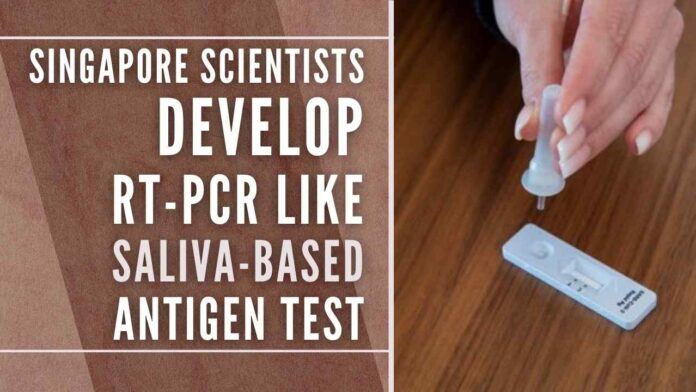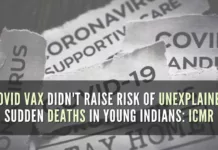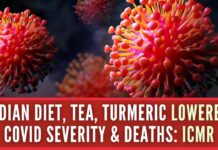
Saliva-based antigen test developed by Singapore scientists is 97% accurate
A simpler, less invasive way to test for COVID-19 quickly that is close to the accuracy of a polymerase chain reaction (PCR) test in terms of correctly identifying infected individuals has been developed by scientists in Singapore.
The test requires only an individual’s saliva, rather than a throat or nasal swab. It can detect Coronavirus infection within 15 minutes with 97 percent accuracy.
The Parallel Amplified Saliva rapid POint-of-caRe Test (PASPORT) is easy to self-administer, deliver results in minutes, and has sensitivity close to the gold standard PCR test.
Unlike other saliva tests that must be done first thing in the morning after an extended period of fasting, the test can be used at any time of the day, the scientists said.
“Testing is an indispensable tool in the management of COVID-19 cases. Although PCR has been the gold standard, it requires trained personnel and laboratory infrastructure,” said lead inventor Dr. Danny Jian Hang Tng, Medical Officer at the Department of Infectious Diseases, SGH, and an adjunct Research Fellow at Duke-NUS’ Emerging Infectious Diseases (EID) Programme.
“A reliable and painless saliva antigen test that is affordable and convenient to perform would encourage more to be tested, and more frequent testing. This may enable us to manage COVID-19 more effectively not only at the point of care but also in settings such as airports, conventions, and even at home,” added Tng.
Unlike tests that use nasal or throat swabs, saliva-based tests are convenient and are more easily self-administered. Until now, saliva tests for detecting SARS-CoV-2 have not been considered reliable enough to roll out at a large scale.
PASPORT uses two types of nanoparticles — one to bind the virus, and the second to bind the first set of nanoparticles to amplify the signal.
This makes testing using PASPORT more sensitive at finding and flagging the virus, and allows it to be used at any time of the day-its sensitivity is not compromised even after eating or drinking.
Duke-NUS and SingHealth have filed intellectual property protection for the invention, and have entered into a license agreement with Digital Life Line Pte Ltd, a Singapore-based company.
This reliable and painless antigen test is affordable and convenient to perform, which would encourage more tests and more frequent testing.
The researchers believe that PASPORT’s potential applications would be useful in serving as a screening tool for travelers at the airport or attendees of large-scale events.
[With Inputs from IANS]
PGurus is now on Telegram. Click here to join our channel and stay updated with all the latest news and views
For all the latest updates, download PGurus App.
- BJP drops 2-term sitting MP Poonam Mahajan; fields 26/11 counsel Ujjwal Nikam from Mumbai North Central - April 27, 2024
- RBI sets criteria for Small Finance Banks seeking Universal Banks license - April 27, 2024
- 16 Indian crew members on seized cargo ship to be released soon: Iran Foreign Minister - April 27, 2024










